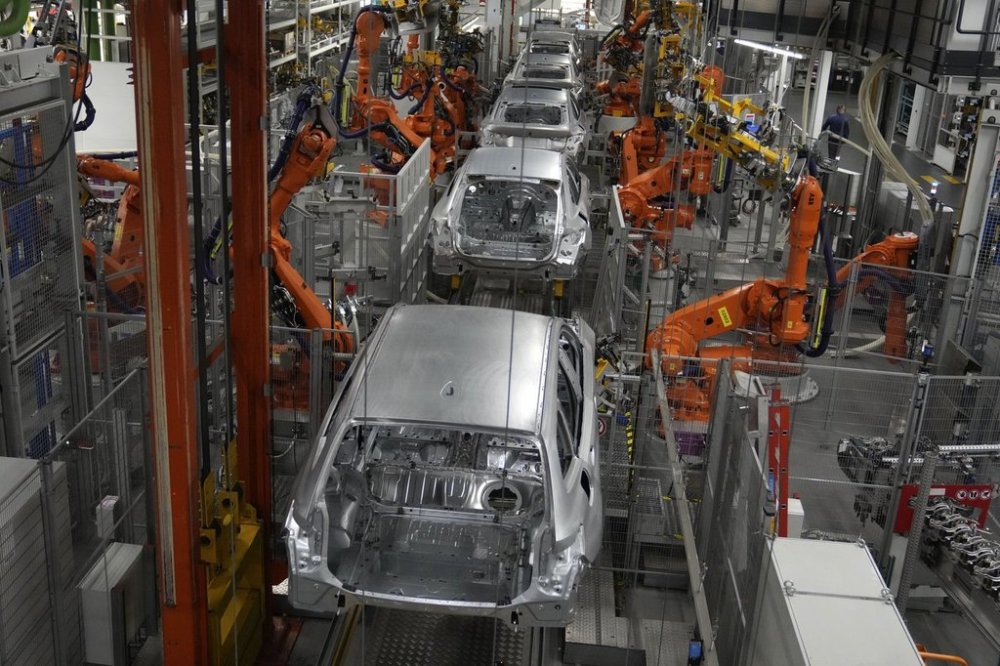German economy shrank by 0.3% in second quarter in worse showing than initially thought
Advertisement
Read this article for free:
or
Already have an account? Log in here »
To continue reading, please subscribe:
Monthly Digital Subscription
$0 for the first 4 weeks*
- Enjoy unlimited reading on winnipegfreepress.com
- Read the E-Edition, our digital replica newspaper
- Access News Break, our award-winning app
- Play interactive puzzles
*No charge for 4 weeks then price increases to the regular rate of $19.00 plus GST every four weeks. Offer available to new and qualified returning subscribers only. Cancel any time.
Monthly Digital Subscription
$4.75/week*
- Enjoy unlimited reading on winnipegfreepress.com
- Read the E-Edition, our digital replica newspaper
- Access News Break, our award-winning app
- Play interactive puzzles
*Billed as $19 plus GST every four weeks. Cancel any time.
To continue reading, please subscribe:
Add Free Press access to your Brandon Sun subscription for only an additional
$1 for the first 4 weeks*
*Your next subscription payment will increase by $1.00 and you will be charged $16.99 plus GST for four weeks. After four weeks, your payment will increase to $23.99 plus GST every four weeks.
Read unlimited articles for free today:
or
Already have an account? Log in here »
BERLIN (AP) — The German economy shrank by 0.3% in the second quarter compared with the previous three-month period, official data showed Friday, a significantly worse showing than was initially reported as tensions with the U.S. over tariffs simmered.
In a preliminary report at the end of July, the Federal Statistical Office said gross domestic product contracted by 0.1% in April-June compared with the first quarter for Europe’s biggest economy. That contributed to a lackluster showing for the 20-nation eurozone.
Full data showed output in manufacturing and the construction industry was worse than expected in June and household spending for the quarter also was revised downward, the office said Friday. The decline followed growth of 0.3% in the first quarter.

The German economy has shrunk for the past two years. Chancellor Friedrich Merz’s administration has made revitalizing it a top priority since taking office May 6.
It has launched a program to encourage investment and set up a 500 billion-euro ($582 billion) fund to pour money into Germany’s creaking infrastructure over the next 12 years. It is promising to cut red tape and speed up the country’s lagging digitization.
A group of dozens of companies last month pledged to invest at least 631 billion euros ($731.7 billion) in Germany over the next three years, a figure that included some previously planned investments but was designed to send a signal of confidence in the economy.
ING economist Carsten Brzeski said “after the surge in economic activity resulting from the U.S. front-loading of German exports in the first quarter, the economy experienced a reversal of the front-loading effect, and the first full-blown impact of U.S. tariffs (implemented in the second quarter) took effect.”
It could “take until next year before a more substantial recovery starts to unfold,” he said.
A European Union-U.S. trade deal was reached last month but remains a work in progress.

